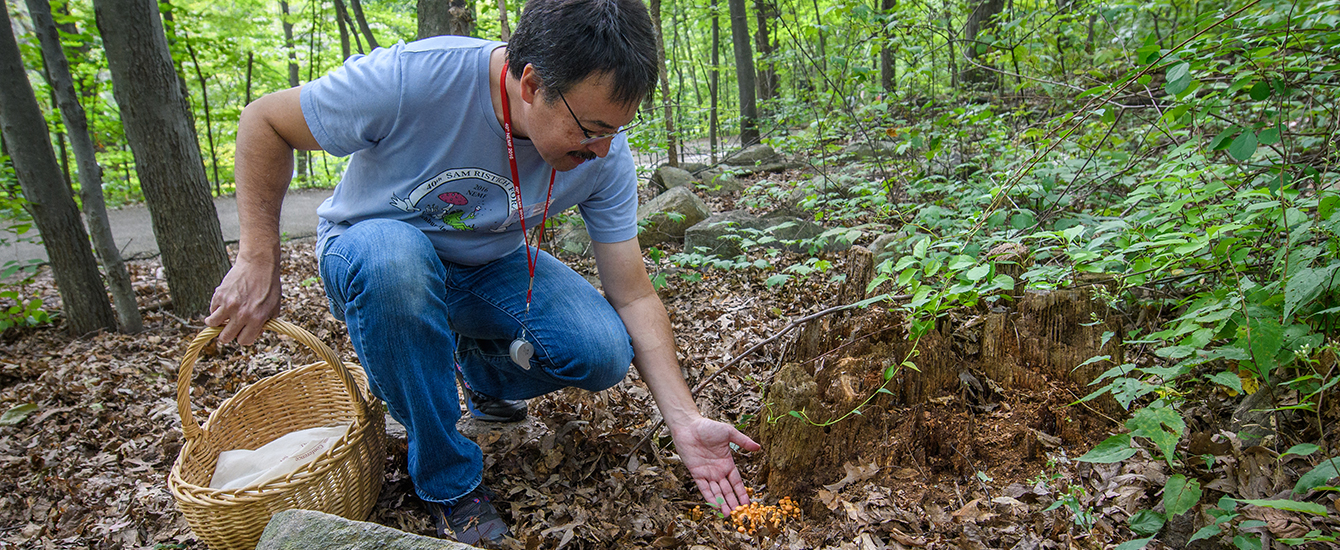Biology
Convergent evolution of sequestrate forms in Amanita under Mediterranean climate conditions
Document Type
Article
Abstract
The systematic position of secotioid (Torrendia) and gasteroid (Amarrendia) forms within the agaricoid Amanita lineage (Agaricales, Basidiomycota) was studied with molecular (nLSU, ITS) data. Secotioid and gasteroid forms occur in four independent clades nested within agaricoid forms. One clade corresponds to the secotioid T. pulchella from southern Europe and northern Africa. The others correspond to Torrendia and Amarrendia species from Australia. Mediterranean climatic conditions are postulated as a force driving the convergent evolution of these secotioid and at least one of the gasteroid forms in geographically distant areas. Species formerly placed in Torrendia and Amarrendia are transferred to Amanita. A new species of Torrendia from Australia was discovered during the revision of the collections originally identified as T. arenaria and is described here as Amanita pseudoinculta. © 2010 by The Mycological Society of America.
Publication Title
Mycologia
Publication Date
5-2010
Volume
102
Issue
3
First Page
675
Last Page
688
ISSN
0027-5514
DOI
10.3852/09-191
Keywords
Amarrendia, ITS, nLSU, phylogeny, sequestrate forms, Torrendia
Repository Citation
Justo, Alfredo; Morgenstern, Ingo; Hallen-Adams, Heather E.; and Hibbett, David S., "Convergent evolution of sequestrate forms in Amanita under Mediterranean climate conditions" (2010). Biology. 242.
https://commons.clarku.edu/faculty_biology/242
Cross Post Location
Student Publications



